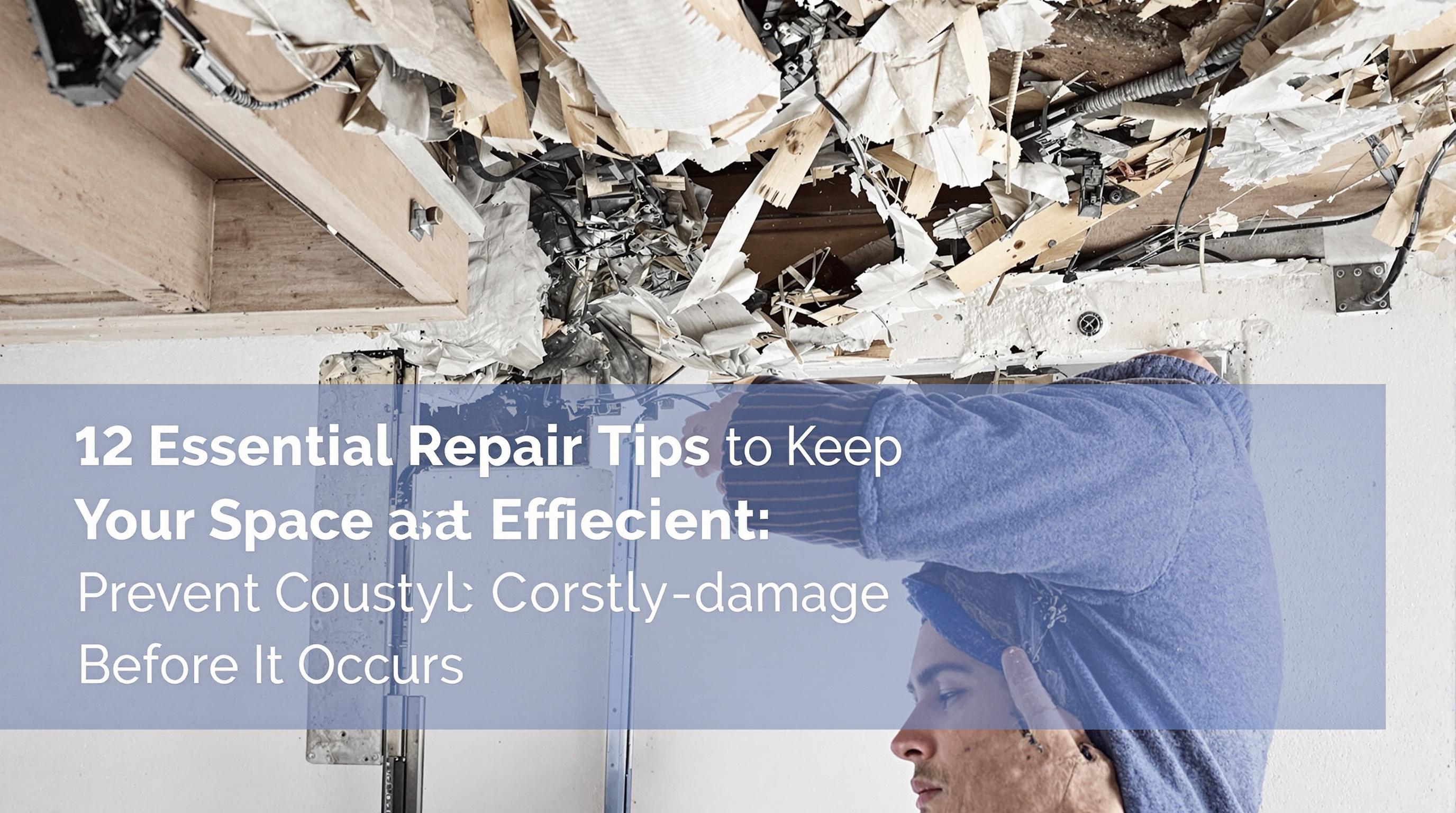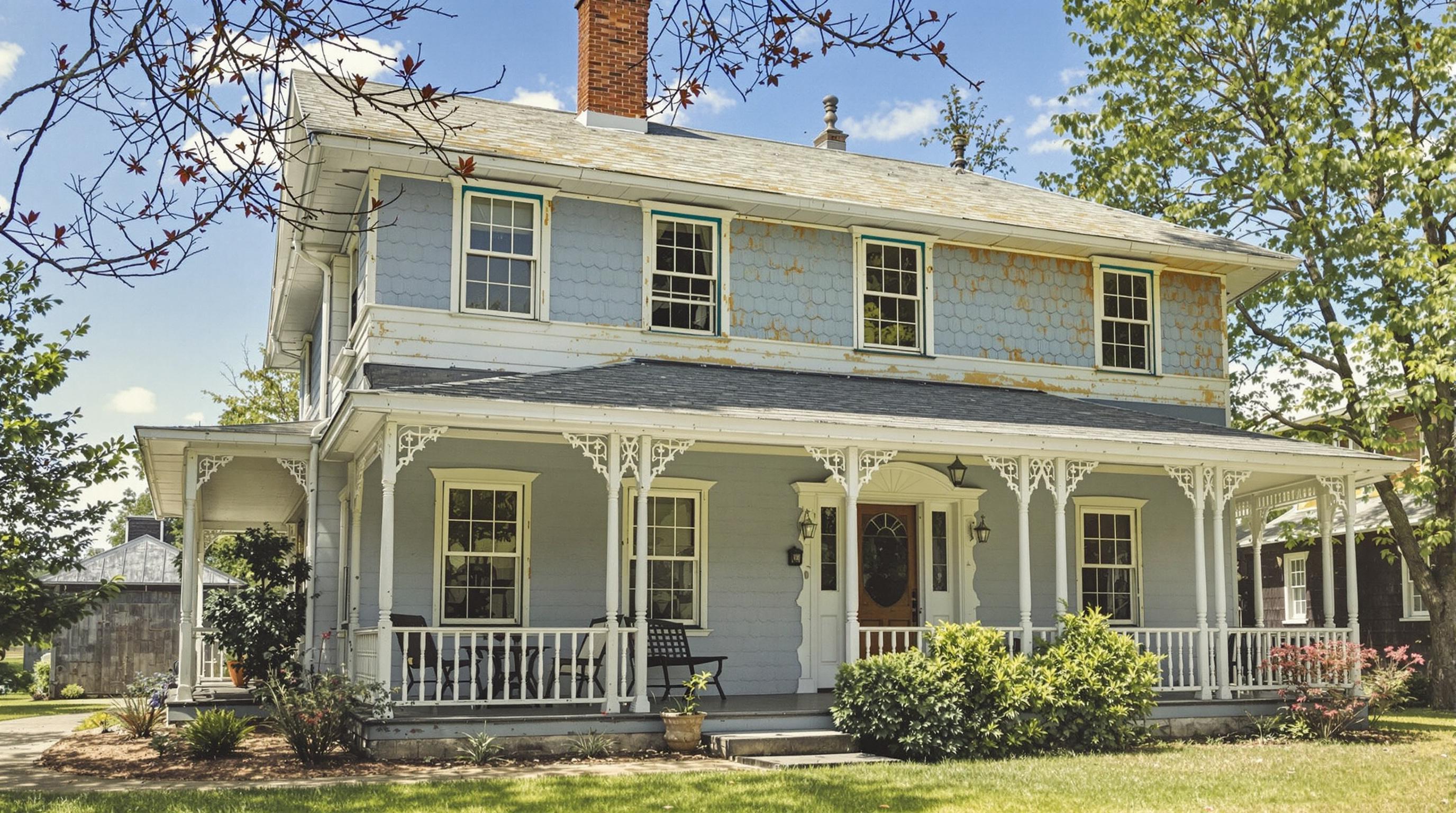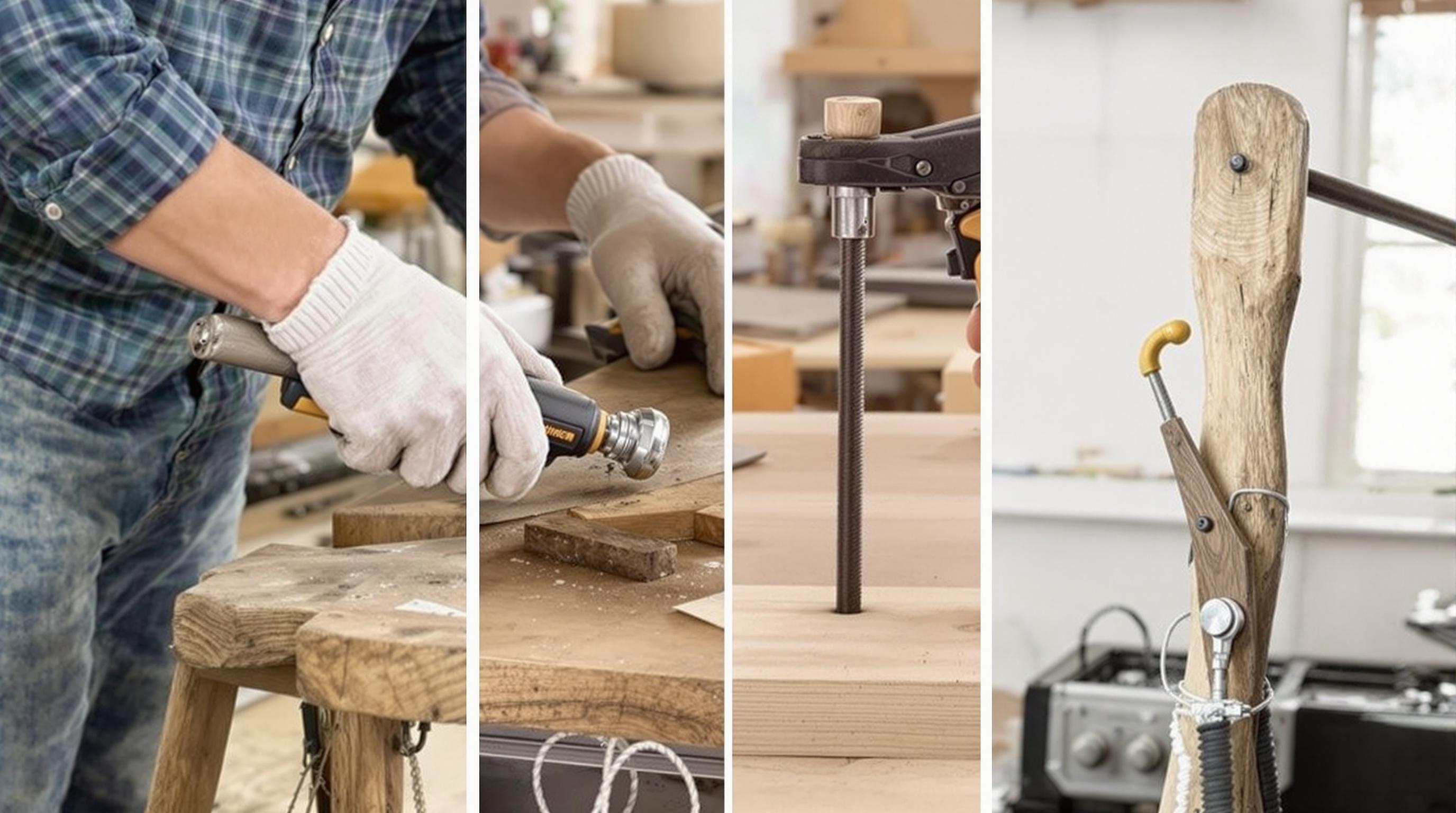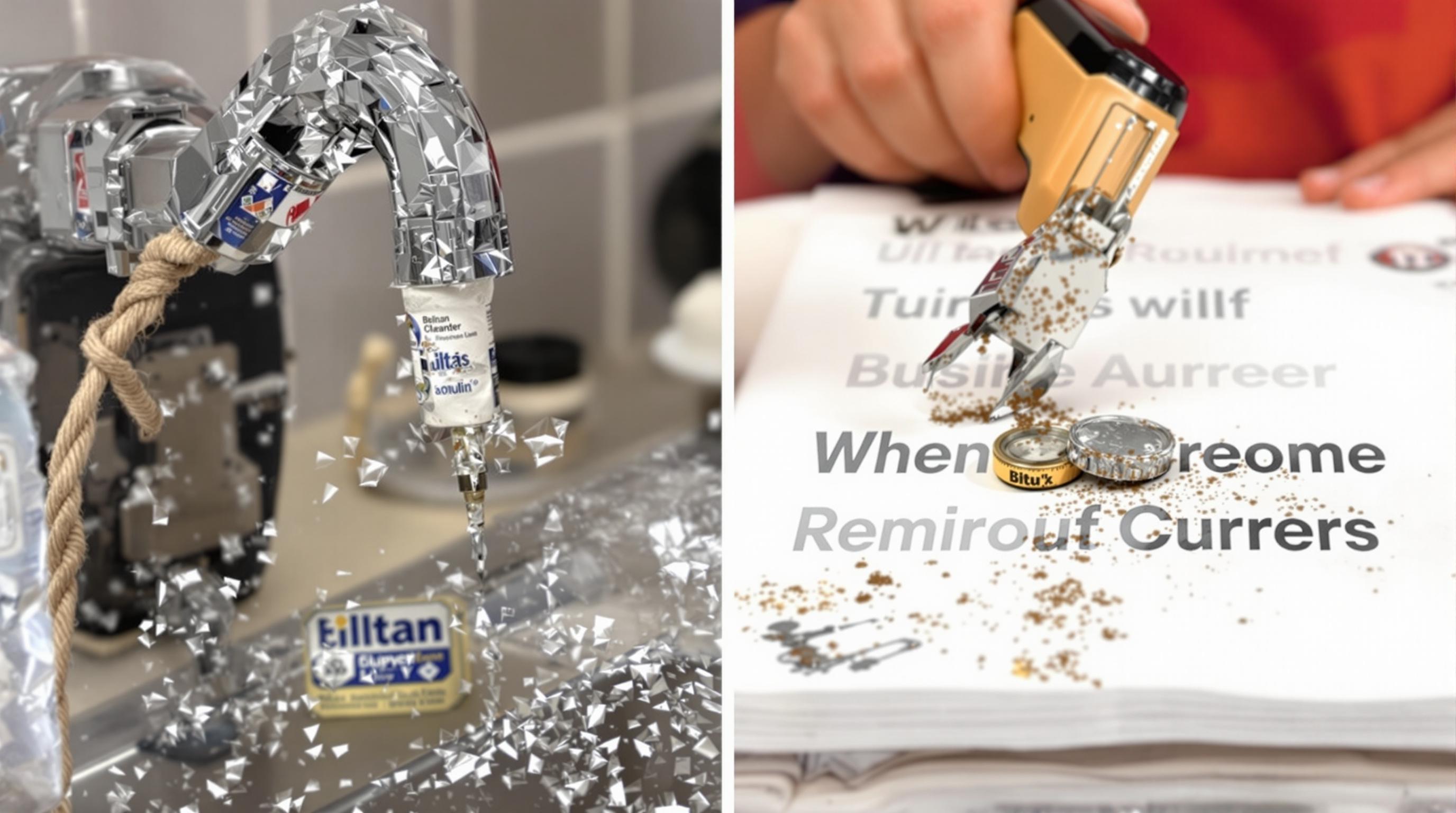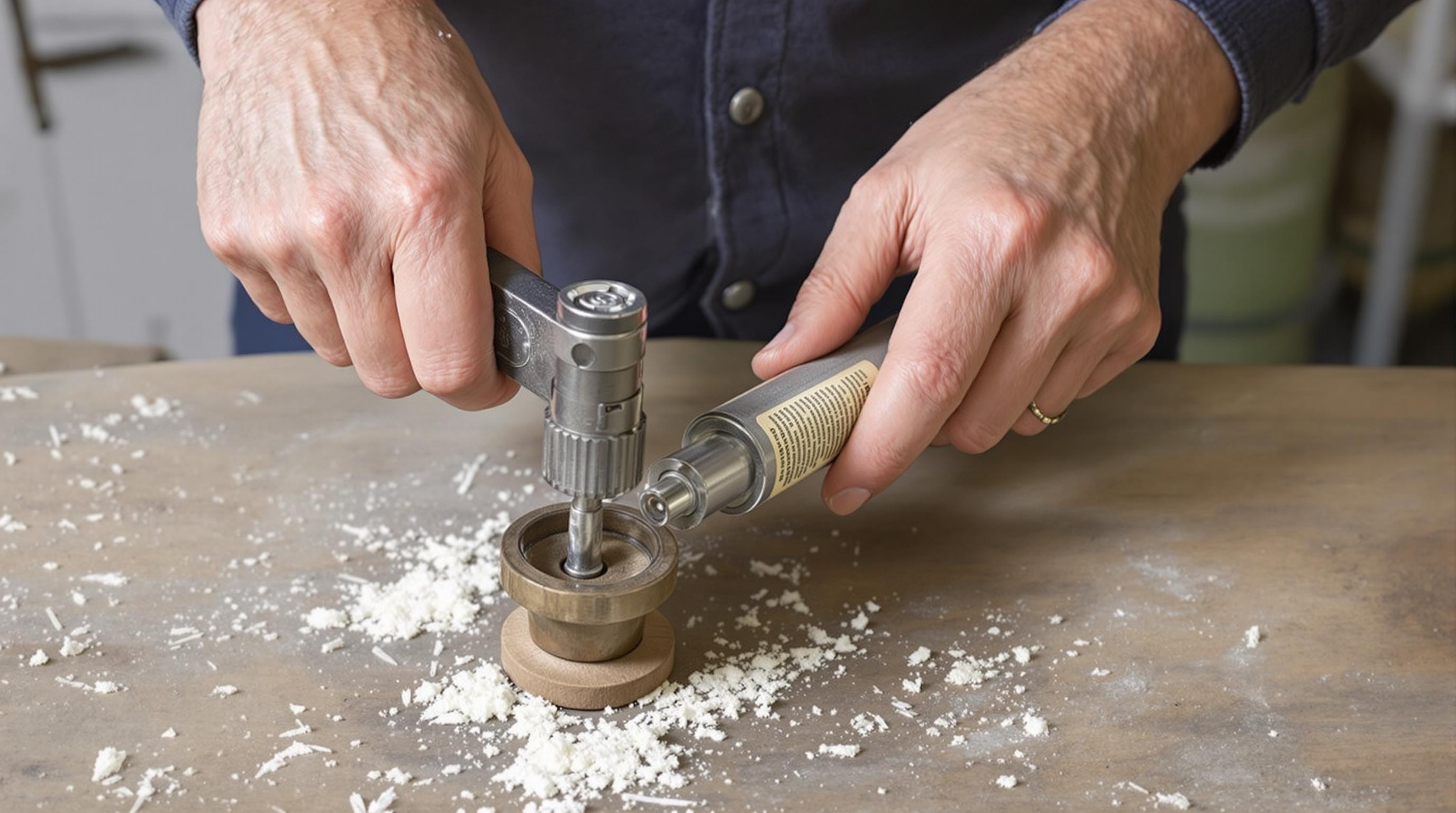Related Articles
- The Hidden Influence of Ergonomics: How Tool Design Shapes Our Physical Spaces and Daily Lives
- The Silent Influence: How Hidden Home Implements Shape Our Daily Routines and Spaces
- The Counterintuitive Role of Chaos: How Messy Tool Storage Can Lead to Unexpected Home Innovations
- Exploring the Unseen: How Audio Experiences Shape the Art of Domestic Spaces and Color Perception
- Rethinking the Mundane: How Everyday Objects are Becoming the Canvas for Modern Artistic Expression in Home Spaces
- Cultivating Chaos: The Surprising Benefits of Embracing Weeds in Your Garden Ecosystem
12 Essential Home Repair Tips to Keep Your Space Safe and Efficient: Prevent Costly Damage Before It Occurs!
12 Essential Home Repair Tips to Keep Your Space Safe and Efficient: Prevent Costly Damage Before It Occurs!
12 Essential Home Repair Tips to Keep Your Space Safe and Efficient: Prevent Costly Damage Before It Occurs!
1. Regularly Inspect Your Roof
Your roof is the first line of defense against the elements. Performing regular inspections can help you identify any damage before it becomes serious. Look for missing shingles, moss growth, or sagging areas that may signal underlying issues.
Plan to inspect your roof at least twice a year, ideally in the spring and fall. During these inspections, pay close attention to flashing, gutters, and downspouts. A well-maintained roof not only protects your home but also contributes significantly to its value.
If you're unsure about climbing onto the roof, consider hiring a professional. The cost of inspection is minimal compared to the potential damage from leaks or structural failures.
2. Check for Water Leaks
Water leaks can lead to significant damage if left unchecked. Regularly inspect under sinks, around toilets, and near your dishwasher for signs of moisture or mold. Early detection can save you from costly repairs down the line.
To further prevent leaks, consider installing water leak detectors that alert you to moisture presence. These devices can give you peace of mind, especially if you travel often or live in older homes.
Should you find a leak, act quickly. Depending on the severity, you may be able to fix minor leaks yourself with tape or sealants, but consult a plumber for more serious problems.
3. Maintain Your Heating and Cooling Systems
Proper maintenance of heating and cooling systems is essential for energy efficiency and safety. Regularly replace air filters and schedule annual professional inspections. This helps to ensure your systems work efficiently and can prevent unexpected breakdowns.
Additionally, consider using a programmable thermostat to optimize temperature control when you are away from home. This not only maintains comfort but can also reduce your energy bills significantly.
Don't neglect ducts either. Vacuuming your ducts and having them cleaned periodically helps in improving air quality and system efficiency.
4. Seal Windows and Doors
Sealing windows and doors is crucial for energy efficiency. Drafty windows can cause your heating and cooling systems to work harder, leading to higher utility bills. Inspect caulking and weather stripping, and replace any damaged areas to ensure a tight seal.
Consider upgrading to energy-efficient windows if your current ones are outdated, as this can provide substantial savings over time. Not only do they keep your home comfortable, but they can also enhance its overall aesthetic.
As a quick test, on a windy day, hold a candle or a stick of incense near windows and doors to identify drafts. If the smoke wavers or the flame flickers, it's time to seal those gaps.
5. Test Smoke and Carbon Monoxide Detectors
Your safety depends upon working smoke and carbon monoxide detectors. Test them monthly and change the batteries at least once a year. An easy way to remember is to do this when you change your clocks for Daylight Saving Time.
Replace detectors every ten years, as they can lose effectiveness over time. Having a functional detection system can save lives and prevent significant property damage due to fire or gas leaks.
Consider installing interconnected smoke detectors. This will ensure that if one detects smoke, all alarms will sound, providing an early warning to everyone in the house.
6. Clean Gutters and Downspouts
Clogged gutters can lead to water damage, foundation issues, and even mold growth in your home. Regularly cleaning gutters and downspouts prevents such issues. Aim for at least twice a year, or more frequently in areas with heavy foliage.
If you find it hard to clean the gutters yourself, hire professionals who can not only clean but also inspect for potential issues. Maintaining your gutters is a small effort that can save you from significant damage.
Additionally, consider installing gutter guards. They help keep debris out while allowing water to flow freely, reducing the frequency of cleanings and protecting your home.
7. Maintain Your Landscaping
Landscaping plays a significant role in home maintenance. Trees, shrubs, and plants should be kept at a safe distance from your home’s foundation and roof. Regularly trim branches to prevent them from damaging your roof or siding in strong winds.
Ensure proper drainage away from the foundation by grading the land. This prevents water from pooling, which can lead to basement flooding or structural damage.
Using native plants can enhance your home’s curb appeal while requiring less maintenance. They are typically easier to care for and more resistant to local pests and diseases.
8. Check Your Electrical System
Regularly check your home's electrical system for any possible faults. Look for signs like flickering lights, frequently tripped breakers, or warm outlets. These issues can indicate problems that require immediate attention.
To ensure safety, it’s best to hire a licensed electrician to handle any electrical repairs or upgrades. Attempting to do so yourself can be dangerous and may violate local code requirements.
Consider upgrading to smart home technology, which can provide not only convenience but also improved safety features. Additionally, installing outdoor lighting can enhance your home’s security during nighttime hours.
9. Address Pest Issues Promptly
Pests can cause extensive damage to your home if not dealt with quickly. Regularly inspect your home for signs of infestation—this includes droppings, nests, or chewed areas in your belongings.
Caulking and sealing entry points is crucial in preventing pests from entering your home. If you suspect an infestation, contact pest control professionals for assistance.
Keep in mind that preventative measures like proper food storage and cleanliness can significantly reduce the likelihood of pest issues. An ounce of prevention is worth a pound of cure.
10. Invest in Home Warranty
A home warranty can provide peace of mind and potentially save you money on repairs for major appliances and systems. While it may seem like an additional cost, the benefits can outweigh the expenses if something breaks down unexpectedly.
Review the coverage options available and select a warranty that suits your specific needs. Make sure to understand what is included and any limitations that may apply.
Having a home warranty allows for prompt repairs, reducing the hassle of managing repairs and keeping your home in optimal condition.
By following these handy home repair tips, you can prevent costly damage and keep your living space efficient and safe. Regular maintenance not only extends the life of your home but also enhances your enjoyment of it.
